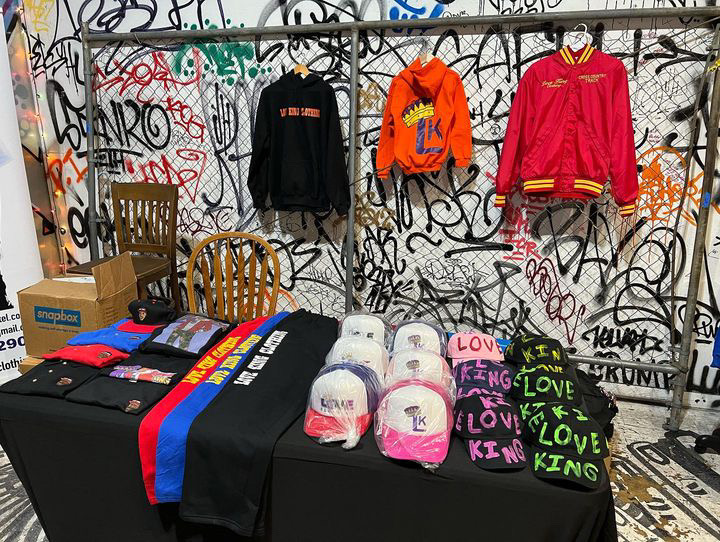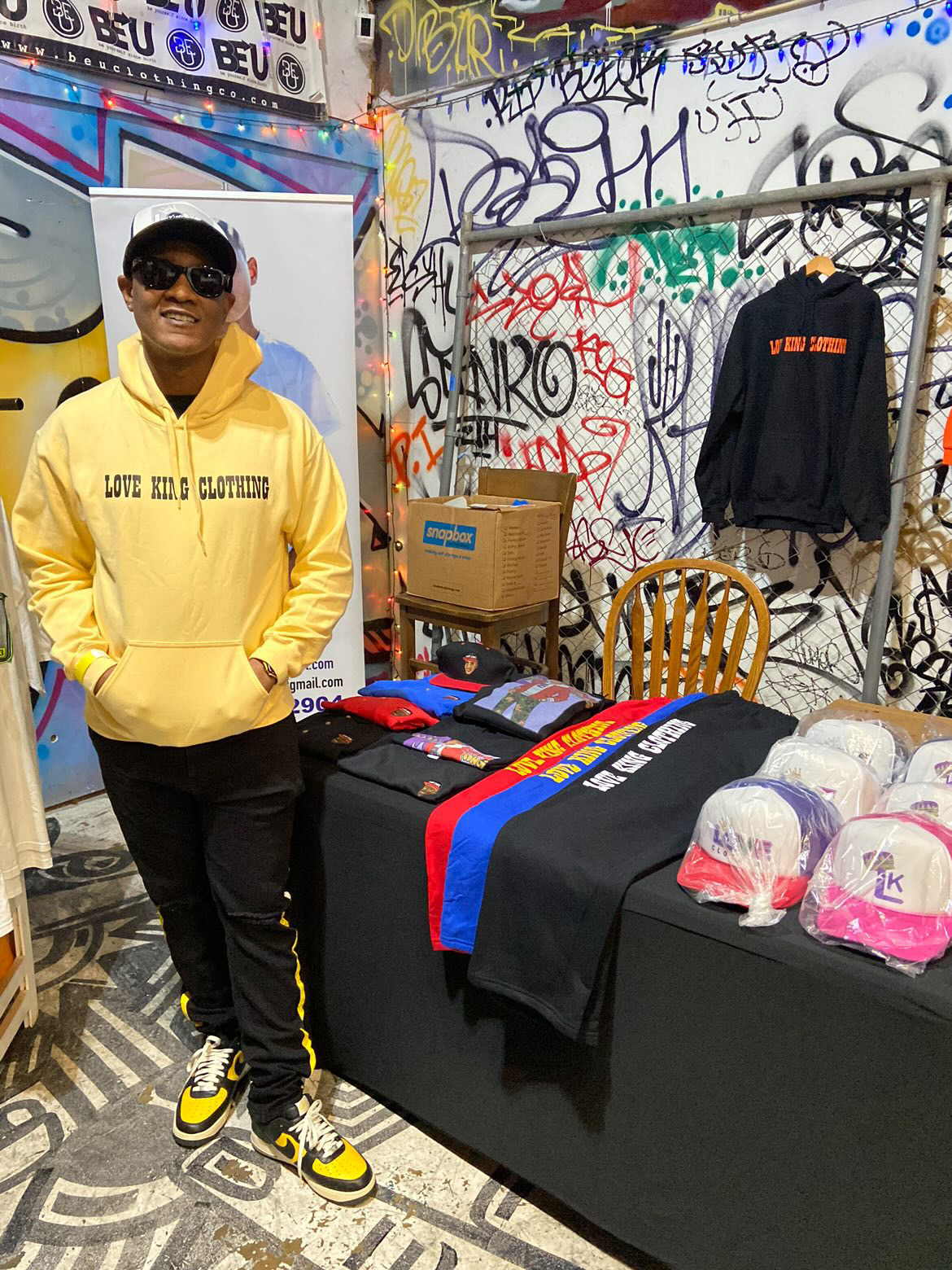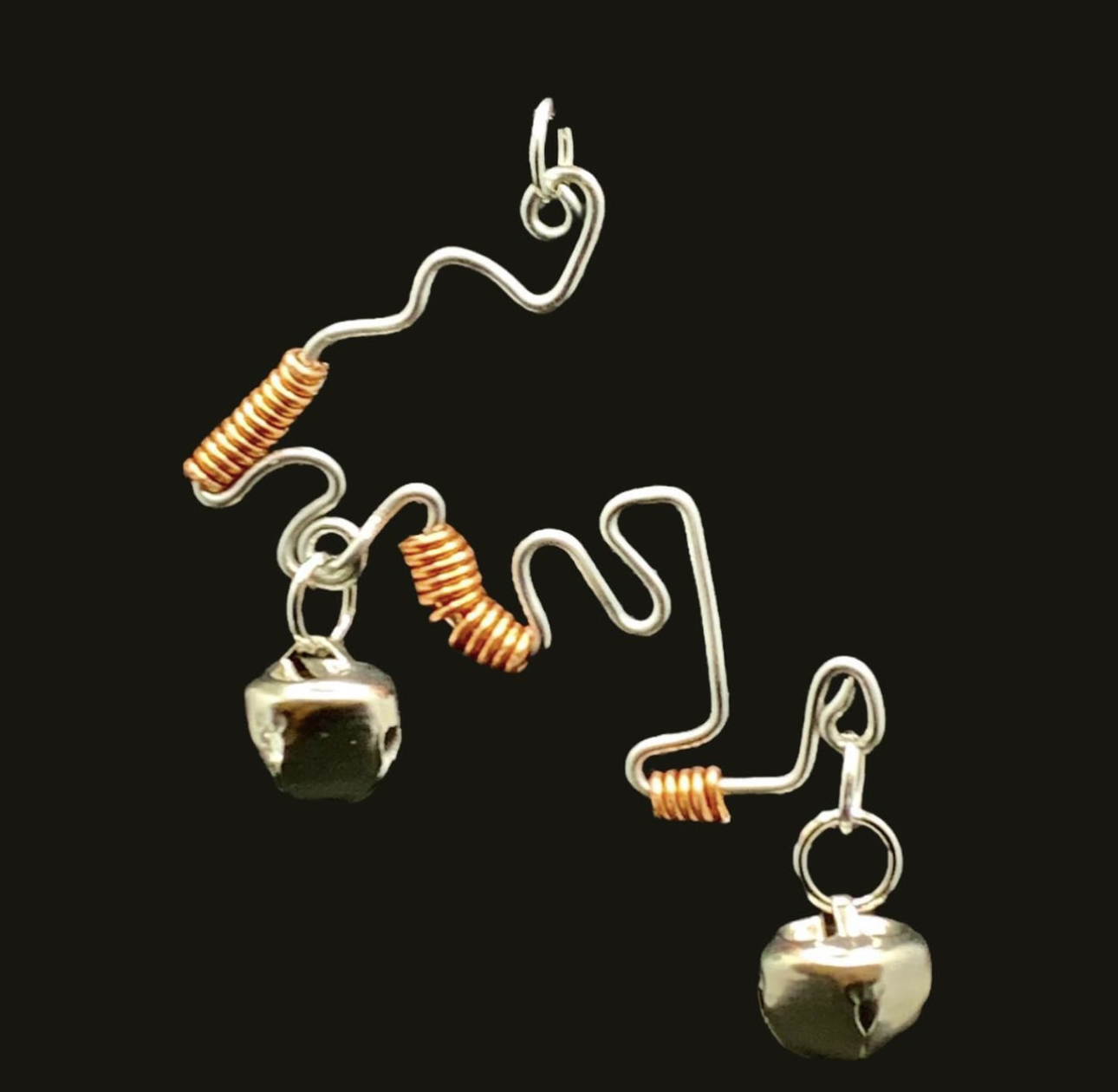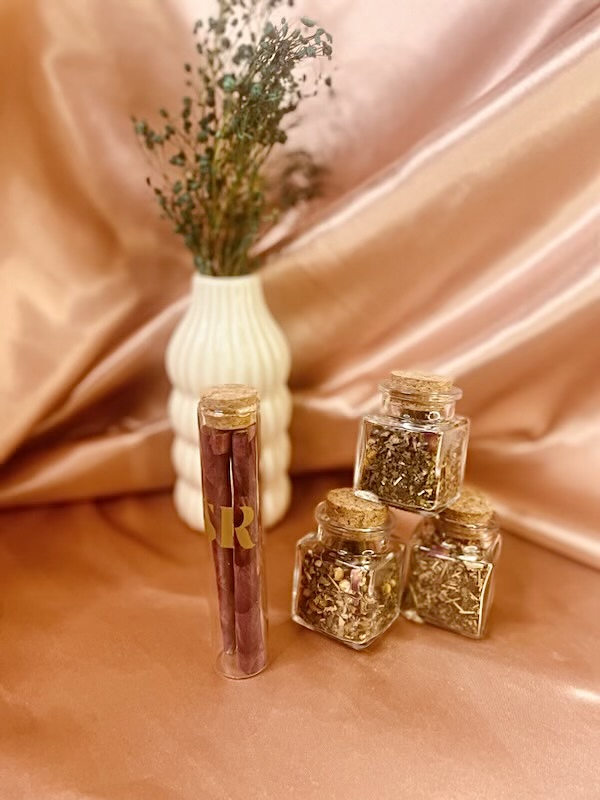The Black Business Association of Memphis (BBA), a 50-year-old organization founded by Black merchants with the intent to support African-American business owners in their endeavors through advocacy, is looking to expand their vision and purpose.
BBA will take on a “chamber of commerce” model and will now be known as the Black Chamber of Memphis.
Being in a unique position that sees the talent of Memphis’ own Black entrepreneurs, the BBA also recognizes the potential Memphis has to elevate such talent.
Heartland Forward, a nonprofit organization, released their report, “Black Business Opportunity Strategy: The Journey of Black Business Owners in Memphis,” in October 2023, where they found that 12,571 Black individuals in the city earn their income through self-employment.
They also found that while the city has a density of Black-owned businesses, it is disproportionate to the population size with 46 percent of the Memphis metro area being comprised of Black citizens, with only 7.3 percent of firms being Black-owned.
Ernest Strickland, president and CEO of the Black Chamber of Memphis, said a challenge that the city faces is that the landscape is spread out and lacks a concentration other cities, like Atlanta, Georgia, and Houston, Texas, have. Atlanta and Houston have become prime locations for Black business owners not only to see their businesses thrive but also to create generational wealth and legacy.
“We don’t have the density …, which is why it’s even more important for business owners to take a step back before starting, to see where they would have the best propensity for success,” Strickland said.
He added that this anniversary year serves as the perfect opportunity to tackle these challenges and take on a new journey.
“The BBA has done amazing work over these last 50 years,” Strickland said. “One of the things I challenge my team with is, imagine Memphis being this robust metropolitan — the capital of the South if you will. People are pouring in, opportunities being bountiful, companies booming. Once you imagine that type of Memphis, I want you to take a step back and ask, ‘How do we get there?’”
Strickland said they are working to rebrand BBA into an organization that is laser-focused on helping build wealth in the Black community, while also serving as a catalyst to unlock Memphis’ full potential. As a result, they are looking to move toward a “chamber of commerce model.”
“It will allow us to do more as far as bringing on new members, identify[ing] and attract[ing] more corporate sponsors,” Strickland said. “It will allow us to focus our programming on what’s important. That’s people, helping business, and building wealth in the Black community.”
While the BBA is excited for this next chapter and the opportunity to revamp, this doesn’t mean they’ll scrap the framework that has gotten the organization to this point.
“You really have to pay homage and honor people who had the vision and foresight to recognize that Memphis was a mecca and metropolitan, but also we had a large concentration of Black people who called Memphis home,” Strickland said. “It was very visionary for them to say, ‘Hey we need an organization or agency that works to help grow these Black businesses that are here.’”
The landscape has changed significantly since 1964, with many people opting to hone their own talents as opposed to taking them to a larger corporation. Strickland said this was especially true since the pandemic, with him seeing a boom in restaurants, retail, and mom-and-pop shops.
The organization is primarily focused on growth, and they realize that growth looks different for each person. Strickland said many of their members are part-time owners looking to expand intro full-time, while some may want to build “the next FedEx.”
Regardless of each member’s end-goal, Strickland said they meet them wherever they are and understand their viability, qualifications, and more.
“What can we do to help ensure success and mitigate failure? That’s our role in this entire process,” Strickland said.
Part of ensuring success and mitigating failure is propelling the organization forward. Strickland added they will be a stronger partner in the economic development ecosystem not only by supporting other chambers but also by ensuring that Black businesses are victorious.





